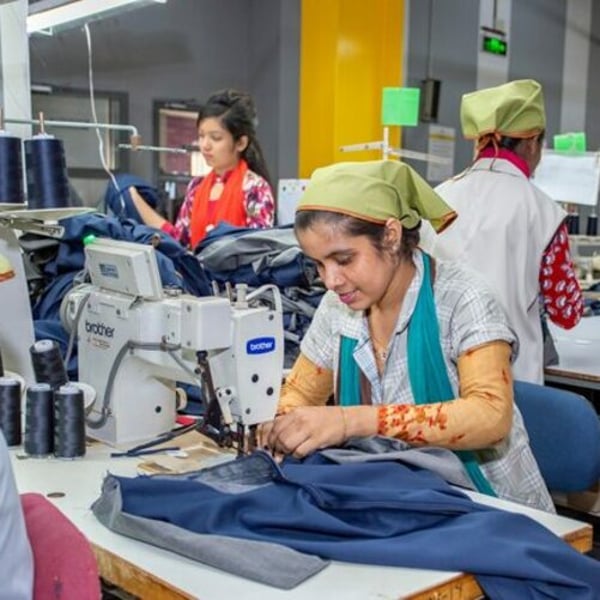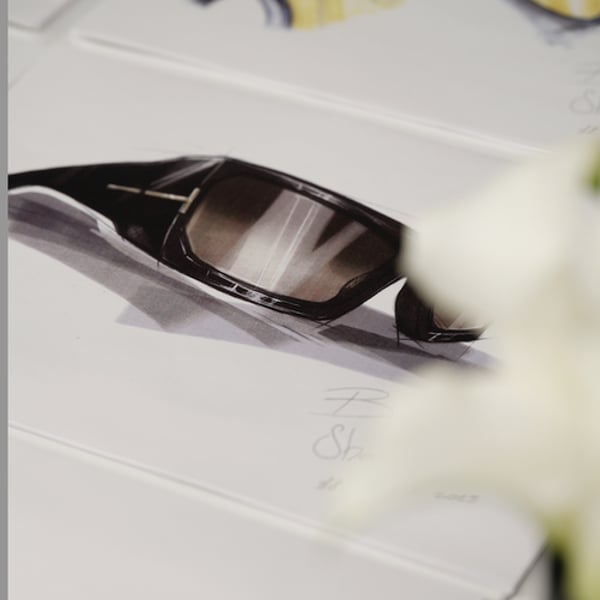Translated by
Nazia BIBI KEENOO
Published
July 9, 2025
As it faces the threat of steep new U.S. tariffs, Bangladesh—the world’s second-largest textile exporter—is negotiating a trade deal with Washington, a senior government official told AFP on Tuesday.

The textile industry remains the backbone of Bangladesh’s economy—accounting for 80% of the country’s exports, contributing 20% of its GDP and providing direct employment to four million people.
With its competitive labour costs, Bangladesh ranks among the world’s top apparel suppliers—holding second place for the European Union and third for the United States. The country sends around 20% of its total exports to the U.S., supplying major global brands including Timberland, Vans and The North Face.
“We’re hopeful about reaching a reduction, as the U.S. Trade Representative (USTR) has sent us another draft agreement,” said Mahbubur Rahman, secretary at Bangladesh’s Ministry of Commerce.
He added that two senior members of the country’s interim government—tasked with overseeing national security and trade—are currently in the United States negotiating the proposal.
In April, the U.S. President announced plans to raise tariffs on Bangladeshi goods entering the American market, increasing the rate from 16% to 37%, before later adjusting the proposal to 35%. At the time, he framed the measure as part of a broader strategy targeting countries with which the U.S. runs significant trade deficits.
Official data shows that Bangladesh exported $8.36 billion worth of goods to the U.S. in 2024, while importing just $2.21 billion in return.
To help narrow that gap, Bangladesh offered to ramp up imports of key American products—including wheat, cotton, oil, gas and Boeing aircraft.
Mahmud Hasan Khan, president of the Bangladesh Garment Manufacturers and Exporters Association (BGMEA), called the tariff threat “a huge challenge for the entire sector.”
“We’re deeply concerned about job losses in Bangladesh and the future of our most important export market, the United States,” added Mohiuddin Rubel, former BGMEA president.
(With AFP)
This article is an automatic translation.
Click here to read the original article.
Copyright © 2025 FashionNetwork.com All rights reserved.







